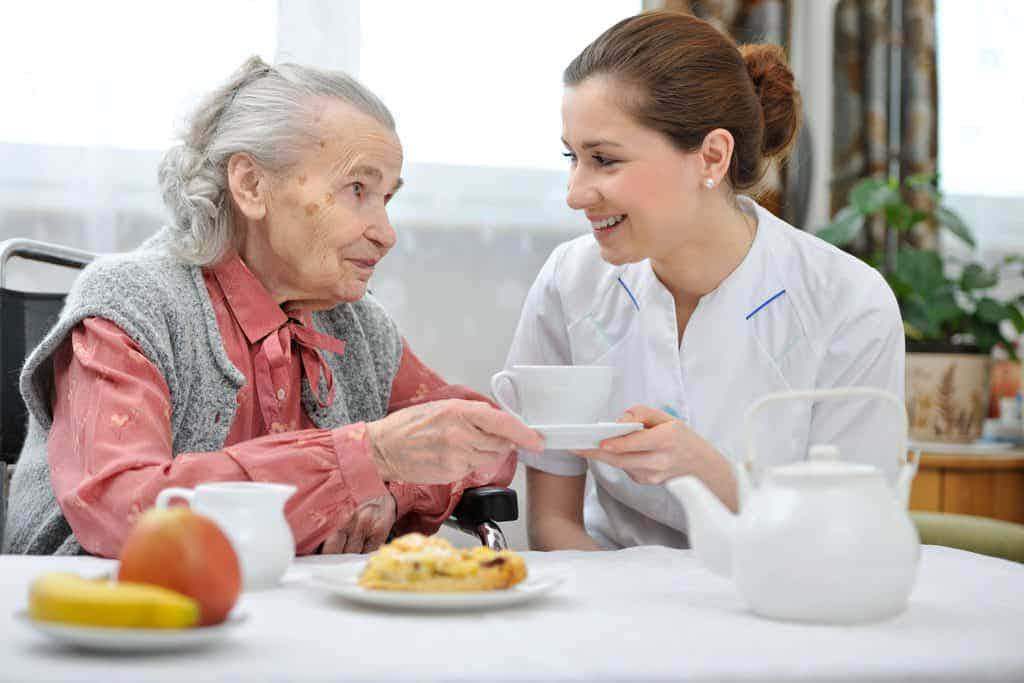Nowadays care homes are a far cry from those of the past. But firstly, let us take a look at why a care home may become a necessary option.
However much you may love your elderly relative, they can become a danger to you or your family life, as well as to themselves.
WORRYING SIGNS TO LOOK OUT FOR
You may find that you are no longer physically capable of looking after your loved one. If you have an elderly relative you are probably not that young yourself, and physically lifting and moving your relative may prove too much.
Your relative may have Alzheimer’s, and even in the early stages their behaviour may have changed dramatically. They may even try to hurt you or their behaviour may become increasingly challenging with fits of anger and paranoia. These are all behaviours that the untrained carer is ill-equipped to deal with, both physically and emotionally.
If your relative is mobile, you may find that they wander outside of the house and get lost and frightened. This is particularly distressing for all concerned.
LOOK AFTER YOURSELF OR YOU WON’T BE ABLE TO LOOK AFTER OTHERS
- If you have been the primary carer for an elderly relative, you may start to suffer from emotional and physical burnout and not be able to cope anymore.
- You may find that your loved one is refusing to be washed or dressed and keeps following you around the house and watching your every move. If this happens, the resultant stress will lead you to becoming no good to your relative, yourself or your family – they need your care too!
- What would happen if you became ill or were due to have surgery? Who would take your place?
- Your doctor may have already told you that your relative should go into a care home, but you have refused to take their advice.
- Your loved one may have developed issues and needs that you can’t deal with. Perhaps they can’t sleep and wander about the house all night. What do you do then?
- Many elderly people develop incontinence and cannot clean themselves. How can anyone cope with this in the long term?
- Close friends and family have begun to see the toll the whole situation has taken on you personally. They have expressed concern at your own physical and mental well-being and have encouraged you to consider putting your relative into a care home.
- More than likely you will have help from social workers who will pop around to the house 2-3 times a day to help you. But the social fund has been cut, and these visits can be as little as twenty minutes – barely enough time to give you the assistance you may need. And, in any case, an hour or two a day makes little difference to a 24-hour-a-day carer.
Of course, not all cases are as extreme as this, but if you are living with an elderly relative who has signs of any of the above needs, it is far better to look to the future and make a plan rather than wait until the situation reaches crisis point – which it undoubtedly will.
In the final part of this series, we will look at choosing a care home.






